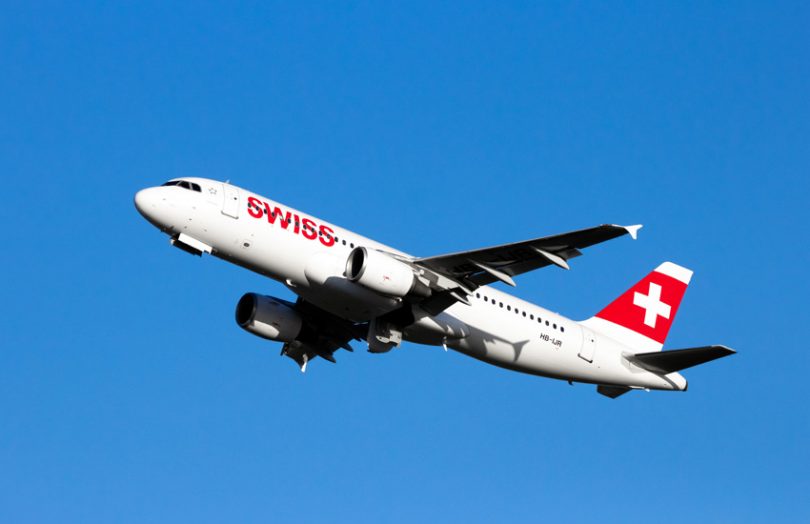SlotMachine is an EU-funded project that uses blockchain technology to create a marketplace for airlines to exchange runway takeoff slots. The project started in October 2020 and runs until the end of 2022.
The project involves a consortium of air traffic technology firm Frequentis, EUROCONTROL, which coordinates cross border air traffic control, the Austrian Institute of Technology, the University of Linz in Austria and Swiss Air.
Air traffic slots aren’t purely for takeoff timing. They also regulate the time of landing and flight route.
When there’s air traffic congestion, sometimes airlines swap two of their flights to ensure a higher profit one isn’t delayed. These internal fleet swaps are relatively straightforward, but there has previously been no easy way for separate companies to exchange multiple slots. Until now, slot swapping between airlines has been limited to two flights.
SlotMachine is expected to offer a marketplace for companies to trade departure timings using semi-automated transaction processing. Developers hope the introduction of SlotMachine could engender better use of airport resources, fewer passenger delays and increased airline efficiency.
Importantly, SlotMachine’s blockchain technology uses multi-party computation (MPC) to enable a greater degree of privacy over data. Airlines will not be able to access other companies’ data, so they can’t see what competitors are bidding on and how many slots different airlines have released.
There is another solution in development by SESAR for Air Traffic Flow Management (ATFM) slots, but the blockchain solution aims to be more flexible and remove the need to disclose confidential information. SlotMachine received €1.94 million ($2.3m) of EU Horizon 2020 funding out of a total budget of €2.2 million ($2.6m).
Although SlotMachine introduces a new application of blockchain technology for aviation, the technology is already used by the sector in various solutions. In late 2020, French aerospace contractor Thales announced its use of blockchain technology to trace aircraft parts undergoing compliance tests. Other blockchain initiatives for aircraft parts include Honeywell Aerospace, GE Aviation and SITA, the airline industry-owned technology firm.
Airlines have also started using blockchain technology for digital health passports. Earlier this year, Emirates began a trial with GE Digital to develop a Covid-19 travel app. Recently, Singapore Airlines, BA and Etihad airlines all trialed IATA’s Travel Pass platform, which verifies Covid-19 credentials.






